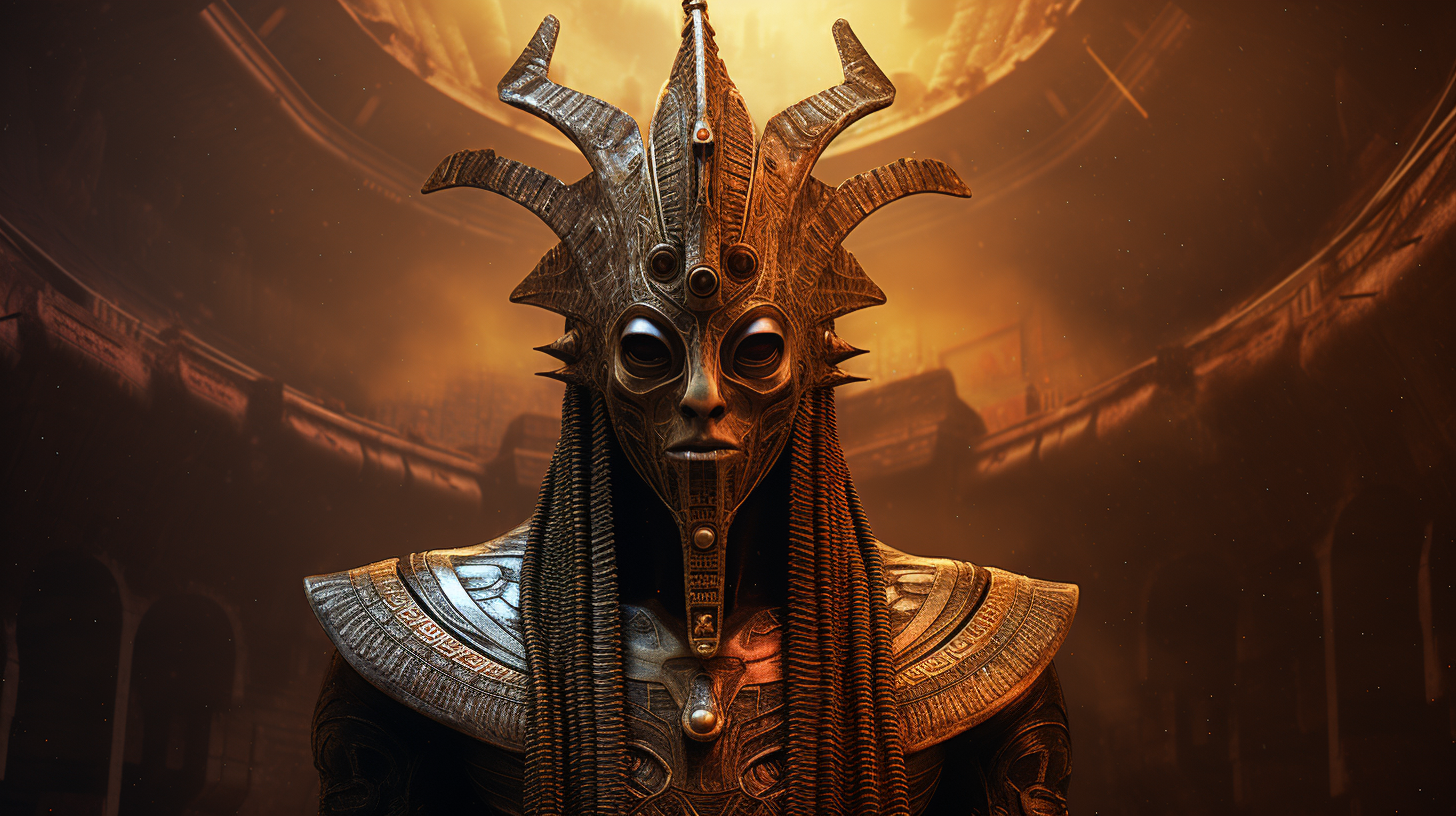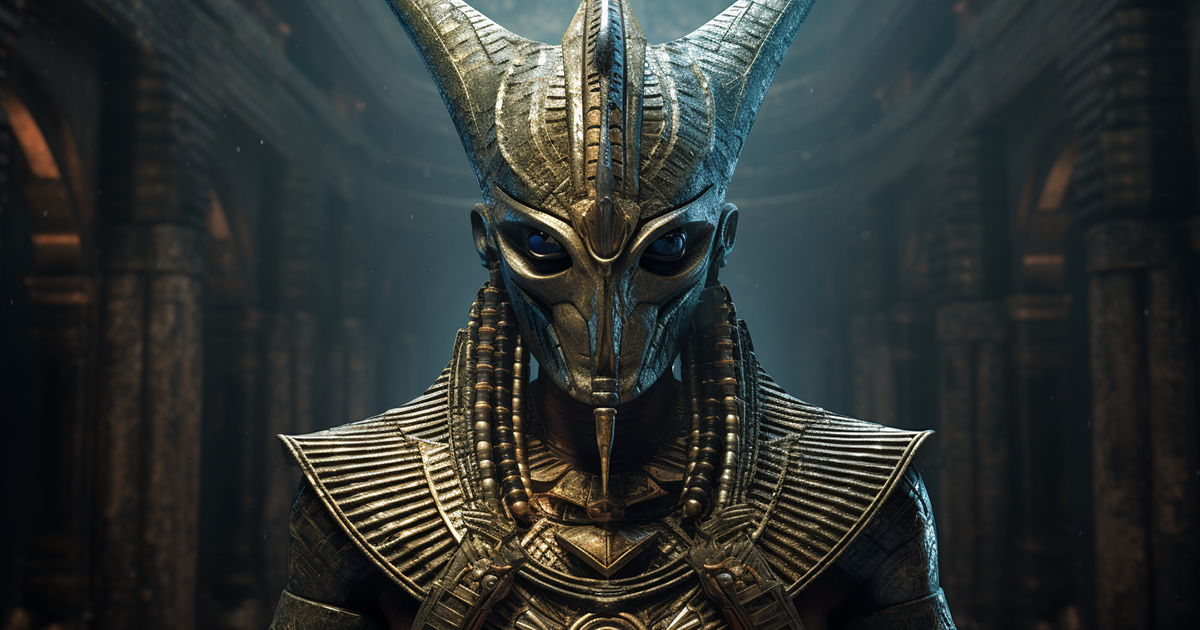The Sumerian King List, an ancient Mesopotamian document, offers a captivating glimpse into the distant past of our world. Without resorting to terms like “unveiling,” “unraveling,” or “unlocking,” let’s embark on a journey to explore the intriguing narrative of these eight immortal lords who ruled Earth for an astonishing 241,200 years before the Great Flood reshaped the course of history.
According to this ancient text, the kingship descended from the heavens and found its first home in Eridug. Alulim, the inaugural ruler, ascended to power and remarkably governed for an incredible 28,800 years. Such a lengthy reign may appear incredulous to our modern sensibilities, yet it piques our curiosity to delve deeper into the beliefs and stories that the Sumerians held dear.

Eridug, the cradle of civilization in the Sumerian King List, is a place of profound significance in ancient Mesopotamia. Its association with the inception of kingship adds an air of mystique to its historical importance. Beyond the long reign of Alulim, the document goes on to detail the reigns of seven more immortal lords, each with their own unique narratives.
While the Sumerian King List may not provide concrete evidence of the specific events and dates it mentions, it offers a captivating window into the ancient Mesopotamian worldview. The document, though not a historical record in the conventional sense, reveals how these early civilizations perceived their origins and their connection to the divine.
The notion of immortality attributed to these early rulers is an aspect that raises questions and invites contemplation. Were these rulers truly immortal, or did their reigns symbolize something more profound? It is possible that these lengthy reigns were symbolic representations of dynastic continuity or divine favor, rather than literal accounts of ageless rulers.
The Sumerian King List also sparks curiosity about the Great Flood mentioned within it. While the flood narrative is a common theme in various ancient cultures, the Sumerian version offers a unique perspective that pre-dates other well-known flood stories. Exploring the similarities and differences between these narratives can provide valuable insights into the shared human experience of ancient civilizations.
In conclusion, the Sumerian King List is a remarkable document that invites us to journey back in time to the cradle of civilization. Without resorting to sensational terms, we can appreciate the significance of this historical text and its role in shaping our understanding of ancient Mesopotamia. It reminds us that the past is a complex tapestry of beliefs, stories, and symbols, waiting to be explored and appreciated for the rich heritage it offers.

16 thoughts on “The Ancient Sumerian Kings: A Fascinating Journey Through Time”
Comments are closed.